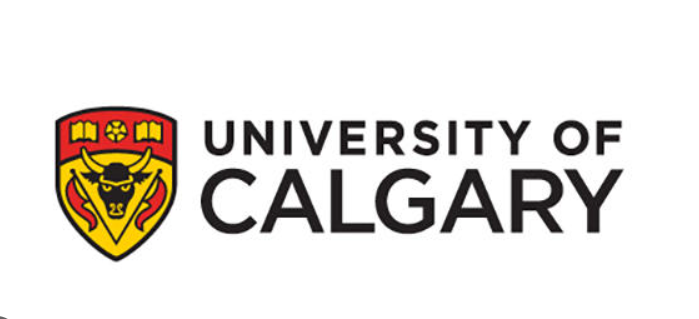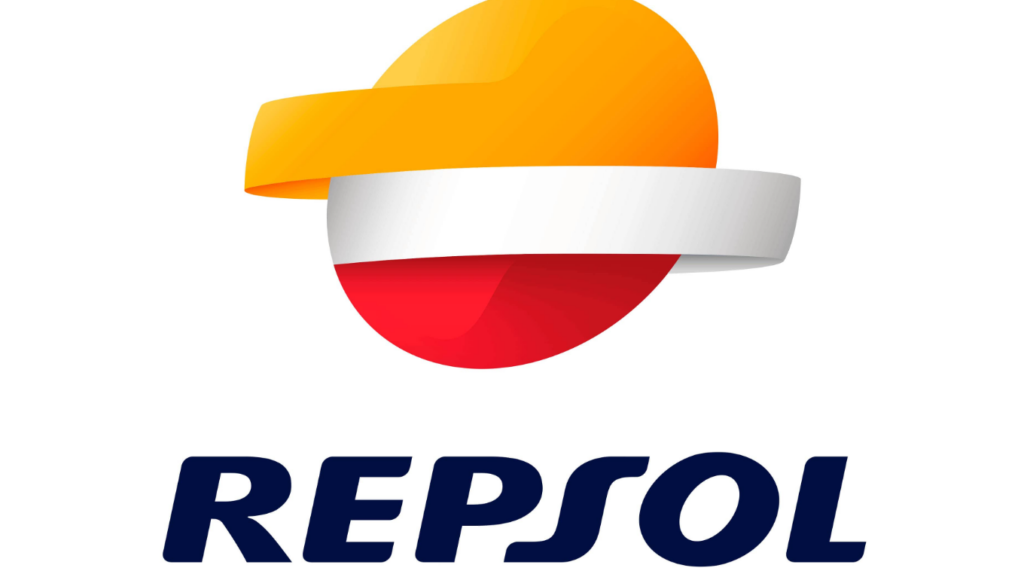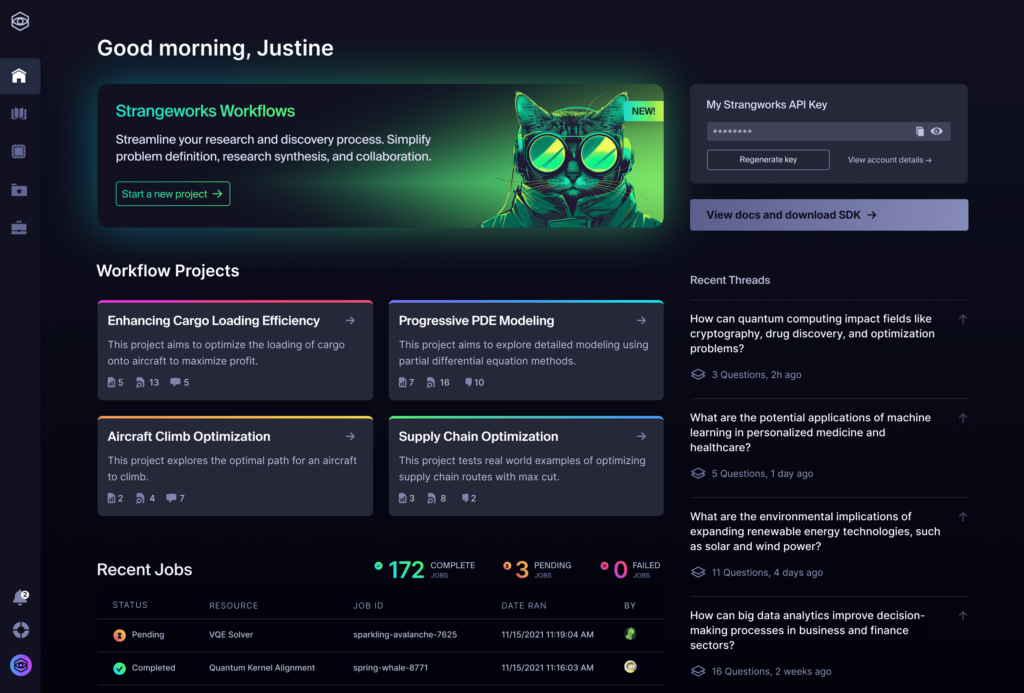Scalable quantum optical coherence tomography (QOCT) has emerged as a groundbreaking research area at the University of Calgary, under the leadership of Dr. Shabir Barzanjeh and his research team based in the Department of Physics and Astronomy. This research, published in Physical Review Research, marks a significant milestone in the university’s journey as a world centre of excellence in quantum research and technology.
Distinguishing Signal from Noise
In quantum physics, a major challenge lies in effectively distinguishing signal from noise and enhancing the signal-to-noise ratio. However, researchers have found a promising solution in the utilization of entangled photon pairs.
Quantum entanglement, a crucial tenet of quantum mechanics, establishes a deep connection between the characteristics of two or more particles, irrespective of their spatial isolation. In this entwined condition, the state of one particle becomes dependent on the state of the other. Exploiting the distinctive traits of entanglement offers an invaluable asset for exploring the fundamental facets of quantum mechanics and enabling revolutionary advancements in the realms of quantum sensing and imaging.
Utilizing quantum entanglement in their pioneering investigation, Barzanjeh and his group devised an innovative approach that enables non-destructive imaging of micrometre-scale samples. By harnessing entangled light, the scientists successfully generated visual depictions of the internal structure of delicate, multi-layered specimens embellished with intricate microscopic designs.
Quantum Interferometric Methods
However, this imaging technique encountered challenges in the form of artifacts and echoes, causing images to lack clarity. The research team implemented quantum interferometric methods to anticipate the occurrence of these distortions and, in collaboration with researchers in Mexico, devised a genetic algorithm to mitigate them. The algorithm automatically recognizes and filters out artifacts and echoes during the digital imaging process, resulting in accurate, low-noise quantum images.

“The predictions of our approach closely matched the interferograms generated in the experiments,” said Barzanjeh.
The development and implementation of this algorithm represent a significant step toward scalable quantum optical coherence tomography (QOCT). QOCT is comparable to the sensing equipment used by optometrists to examine the insides of eyes, but it is far less invasive and utilizes much less light. This non-invasive quantum sensing technique holds immense potential in various applications, including biomedical imaging and sensing, clinical applications, and materials science. It allows users to see inside three-dimensional objects with greater ease and without causing damage, as it uses significantly less light compared to classical imaging methods.
Scalability Potential
In summary, the progress made by the University of Calgary’s research team, in collaboration with their Mexican counterparts, showcases the potential of scalable quantum optical coherence tomography. By harnessing the power of entanglement and employing sophisticated algorithms, quantum sensing can take a leap forward, unlocking new possibilities for high-resolution imaging and opening doors to diverse applications across scientific and medical disciplines.
If you found this article to be informative, you can explore more current quantum news here, exclusives, interviews, and podcasts.



















